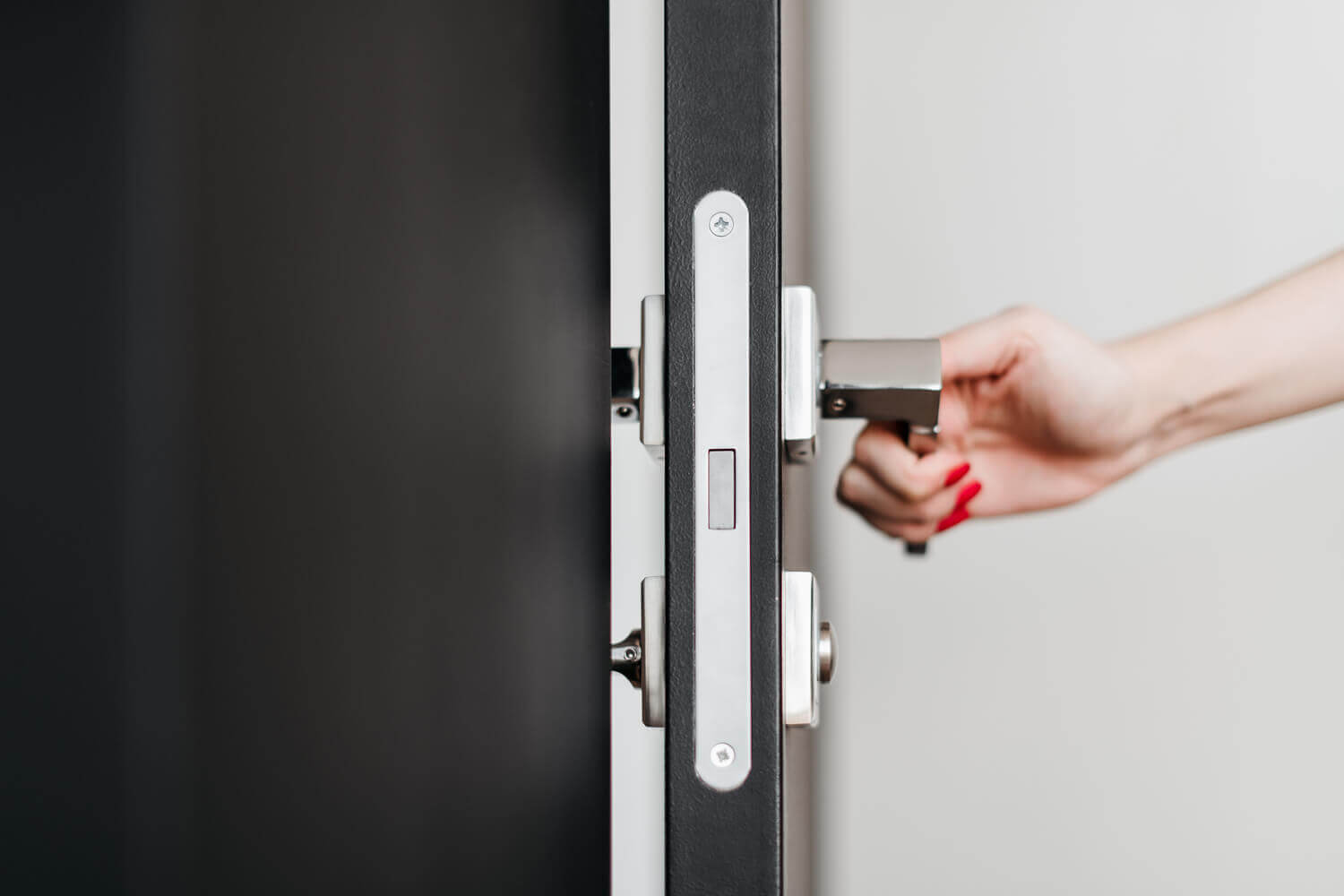You Don’t Have to Let the Bailiffs In

We’ve all heard of bailiffs coming into people’s homes and repossessing their cherished possessions. You might imagine bailiffs can threaten or harass you for payments, take any of your items and force entry into your home but is that true?
What is a bailiff?
You might know bailiffs as enforcement agents. It’s their job to ensure you’re paying back certain debts that you might owe.
They are allowed to repossess your belongings to repay debts. This can include items within your house, your car, and even in some cases, your property. It’s important to take it seriously if Bailiffs try to enter your home.
When would a bailiff try to enter my home?
A bailiff may come to your home if you owe government debts such as Council Tax bills, parking fines, court fines, high court, or family court judgments.
They will send you a letter issuing you with a warning that they will be using bailiffs beforehand. If you ignore this correspondence and don’t attempt to repay your debts, then they will send bailiffs. They should give you 7 days’ notice before they visit.
It’s better to contact the relevant authorities ASAP if you have debts to repay even if you can’t afford to repay them. You may be able to work out a payment plan that suits your budget.
Bailiffs are allowed to force entry into your home to collect the following types of debt:
- Unpaid criminal fines
- Income tax
- Stamp duty
They’re only allowed to force entry as the last resort.
Before you let a bailiff into your home, make sure you ask to see proof of their identity.
What can bailiffs take?
A bailiff cannot take:
- Essential items such as your cooker, or clothes
- Someone else’s things, for example, if you live with a partner, they cannot repossess their items
- Any work tools or equipment if they’re valued under £1,350
- Pets or service animals
They must leave you with any items that cover your basic domestic needs such as beds, washing machines, mobile phones, etc.
Bailiffs are allowed to take anything considered a luxury item aka something you can live without like a TV or a personal computer.
If you believe something they are trying to take fulfills the requirement of a “basic domestic need”, you may need to prove it to them, for example, if you need a laptop for work.
What are bailiffs allowed to do?
There are certain things a bailiff can and cannot do and you can complain about a bailiff if they break any rules.
They are not allowed to:
- Harass or threaten you or anyone else
- Try to force entry without a warrant
- Charge you the wrong amount of fees
- Take items belonging to someone else who lives at the property
- Take any essential items
If a bailiff has visited and taken items they shouldn’t or broken any of the above rules, you’ll need to find out who they work for to submit a complaint. GOV.UK has more information on who to contact if you’re in this situation. This is always worth doing as it could result in getting some of your belongings back.
Can bailiffs take my car?
In short, yes. A bailiff can take your car if you deny them access to your home or refuse to pay them.
Once you have denied them entry to your home, they are allowed to repossess any goods outside your property that belong to you – this means they may take your vehicle unless it’s essential for your job.
Dealing with bailiffs
If you’re struggling with debts, creditor harassment could lead to bailiffs knocking on your front door. Our DMPs are in place so you can relax, knowing you’re paying back what you can afford each month without the enforcement agents coming round to your house.
Though priority debts are not included in your DMP, we will always leave you with enough money each month to make payments to any unpaid criminal fines, income tax, or stamp duty fees that you owe.
However, if you’ve had a change in circumstance and can no longer meet payments, they may continue to contact you and send round bailiffs.
It’s important that if you’ve had a change in circumstances whether it’s a loss of pay or a windfall, you let us know. You always want to be paying back the suitable amount for your situation – otherwise, you could end up taking longer to pay back your debts than you need to.
Our Debt Management services are always here to help.
If you need to speak to us about your Debt Management Plan, don’t hesitate to call us on 0161 228 6194.



